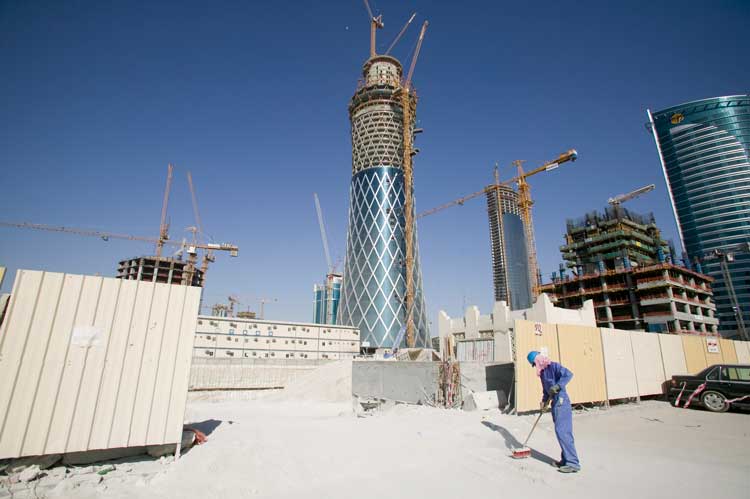Qatar’s programme of labour reforms today succeeded in dismantling the kafala system and heralding a modern industrial relations system.
Exit visas for workers – including domestic workers, those in government and public institutions, and workers employed at sea, in agriculture as well as casual workers – have been eliminated. These workers have the same rights as all workers in Qatar. The same non-discriminatory law will apply for all workers including domestic workers.
A new evidence-based minimum wage law that applies to all nationalities is established.
The abolishment of the no objection certificates (NOC) will allow workers to change their jobs without the permission of their employer, following normal contractual commitments.
“Qatar is changing. The new tranche of laws will bring an end to the kafala system of modern slavery: exit visas for all workers including domestic workers eliminated; a system of contracts that are transparent and labour courts to enforce them; the end to permission to leave a job, with criteria equivalent to any modern industrial relations system; and a government fund to ensure workers are not disadvantaged by exploitative employers, while the state pursues recovery of entitlements.
We recognise that an evidence-based minimum wage, the first of its kind in the Middle East, will be a major improvement for workers, and will guarantee a minimum level of protection. We urge the government to announce the new rate as quickly as possible.
Workers want to work in the Gulf states, they want to support their families at home, but they also want decent work where they are treated fairly and with dignity and respect. While we witness the changes in Qatar, sadly this is not the case in neighbouring countries where migrant workers are still treated as less than human with few rights and freedoms.
The reforms need to become embedded in employment practice and strong legal compliance. But the partnership between the Qatar government and the ILO supported by the ITUC is working to change lives – to change a nation,” said Sharan Burrow ITUC General Secretary.
The new laws will be submitted to the Advisory (Shura) Council in November and come into effect on 1 January 2020.
The programme of reforms are part of a three-year technical cooperation agreement with the International Labour Organization. A review of the agreement will be reported to the ILO Governing Body in November.
The announcements were made at an event in Doha to celebrate the 100th anniversary of the International Labour Organization, attended by representatives from Oman, Morocco, the International Organisation of Employers and the ITUC.
For more information, please contact the ITUC Press Department on +32 2 224 02 53 or by e-mail: press@ituc-csi.org






